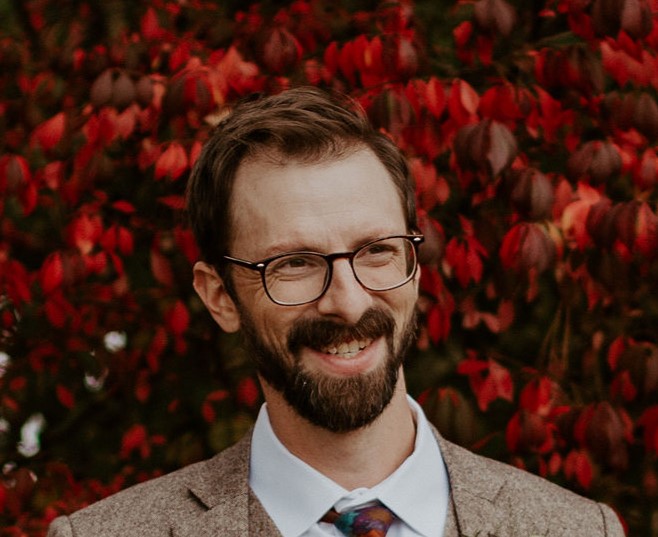When I heard the prompt for this issue, the first thing I thought was, “Why are you asking me?” It would be better to ask them! I’m not a member of that community, and I wouldn’t want to create the false impression that I represent them. But on the other hand, having worked with my friends and colleagues in Indian Country, I have learned some things that (I hope) help me to honor them as much as I can. At the end of the day, fostering more understanding is my job. So here goes nothing…
The history of Indigenous communities’ relationship with “non-Indians” is complicated, and it is almost impossible to make generalizations about this rich and diverse cultural category. The research efforts I have been a part of serve 12 member tribes associated with the Great Lakes Inter-Tribal Council. These tribes represent groups from Ho-Chunk, Potawatomi, Menominee, Oneida, and Ojibwe/Chippewa. Through my relationships, I have achieved the status of a qualified, certifiable, fledgling student of culture, and most of it has been limited to interactions with my friends at Waaswaaganing (Reservation of the Lac du Flambeau Band of Lake Superior Chippewa Indians). They consider themselves to be part of a larger community of Anishinaabeg (“original people”) of the Laurentian Great Lakes.
Trying to honor this diverse group of communities may seem like a monumental task. You may be aware of historical traumas and betrayals at the hands of the federal government. You may have heard about the Bureau of Indian Affairs assimilation policy that lasted up until the mid-20th century. You may have heard stories of children kidnapped and sent to boarding schools. You may have heard of the Walleye Wars of the ‘80s or the oil pipeline running through Bad River. You may wonder how one can make a difference in the world or if you are even allowed to interact with these groups or if you would be welcome at a pow-wow. You usually are. When you do, I hope you keep the words of my friends at the Waaswaaganing Family Circles program in mind:
Everybody wants to be understood and appreciated.
You are not expected to be an expert of Indigenous cultures, language, or ways. However, you are asked to keep an open mind to different ways or knowing and being. Most people don’t want to be angry or resentful, or fetishized or demonized. Most people want to be understood and appreciated. To that end, I will offer to share with you the Ojibwe language for two of the most important words I’ve learned: boozhoo (hello) and miigwech (thank you). If you learn to say those things in any language you will have taken a great step towards intercultural competence in a good way.
Before I sign off, I’ll make one more recommendation for you. You can practice right now. Go look at yourself in the mirror and say, “You are understood and appreciated.” You might be surprised how good that feels.
Chi miigwech.
Jonathan Dellinger

